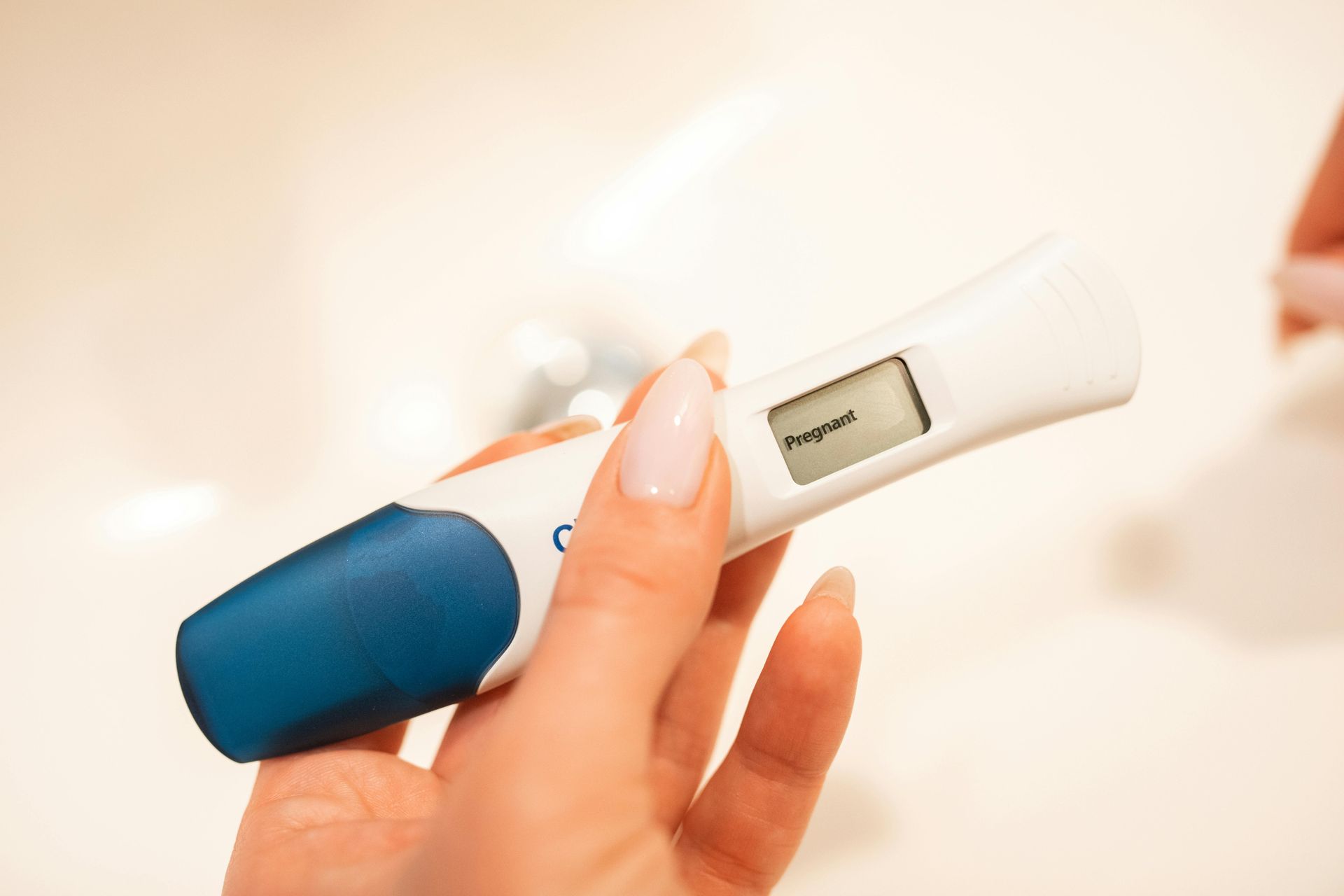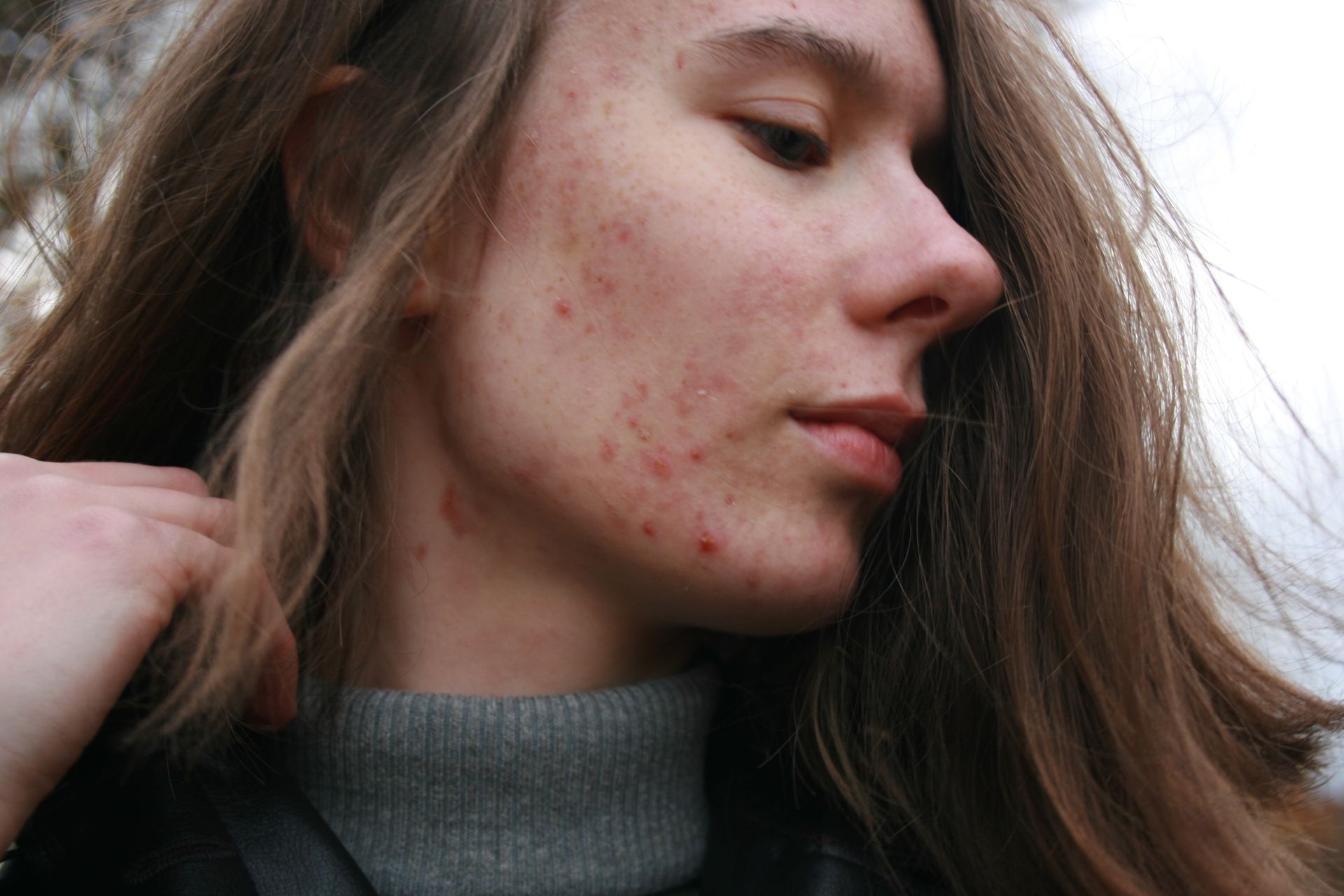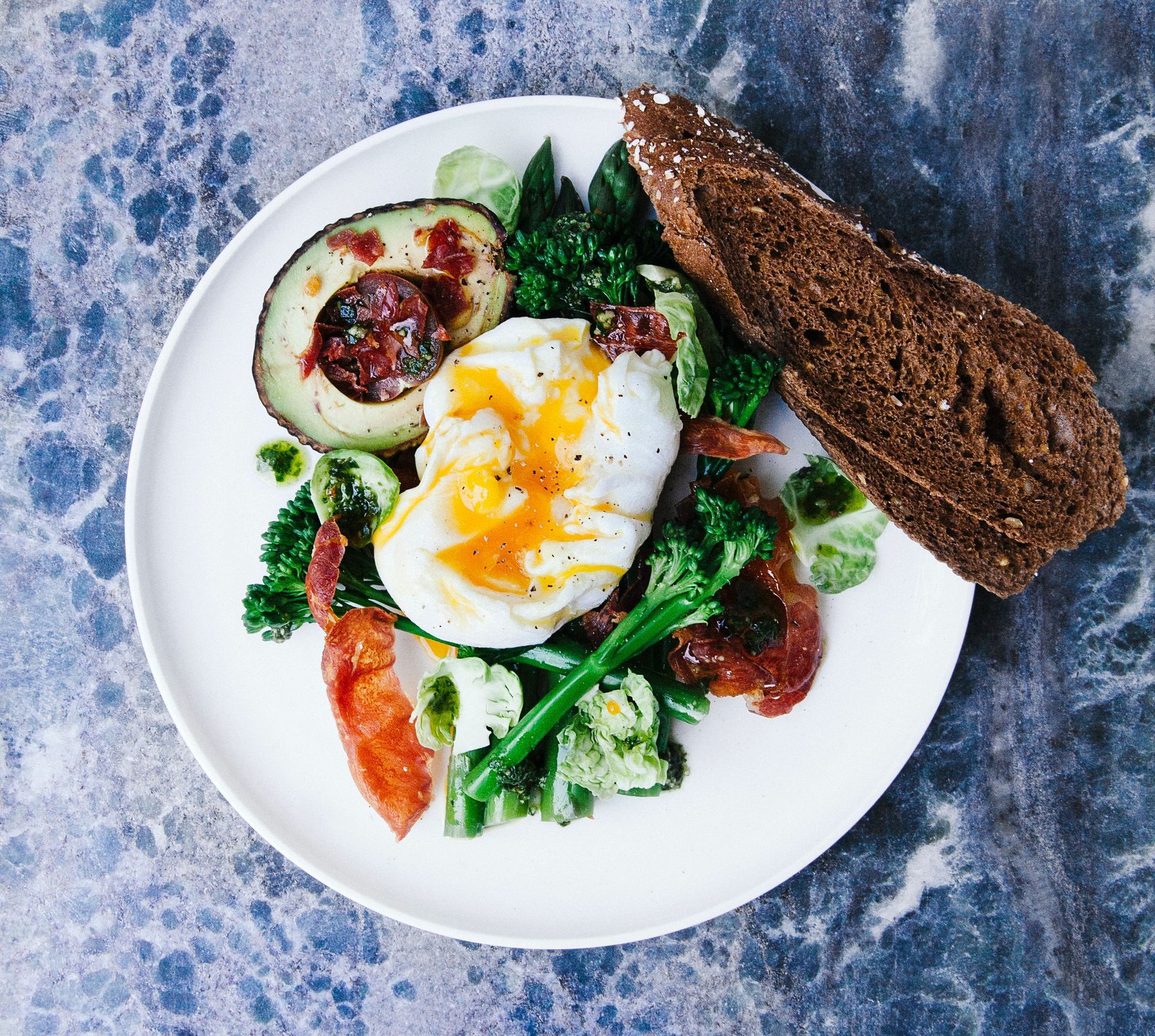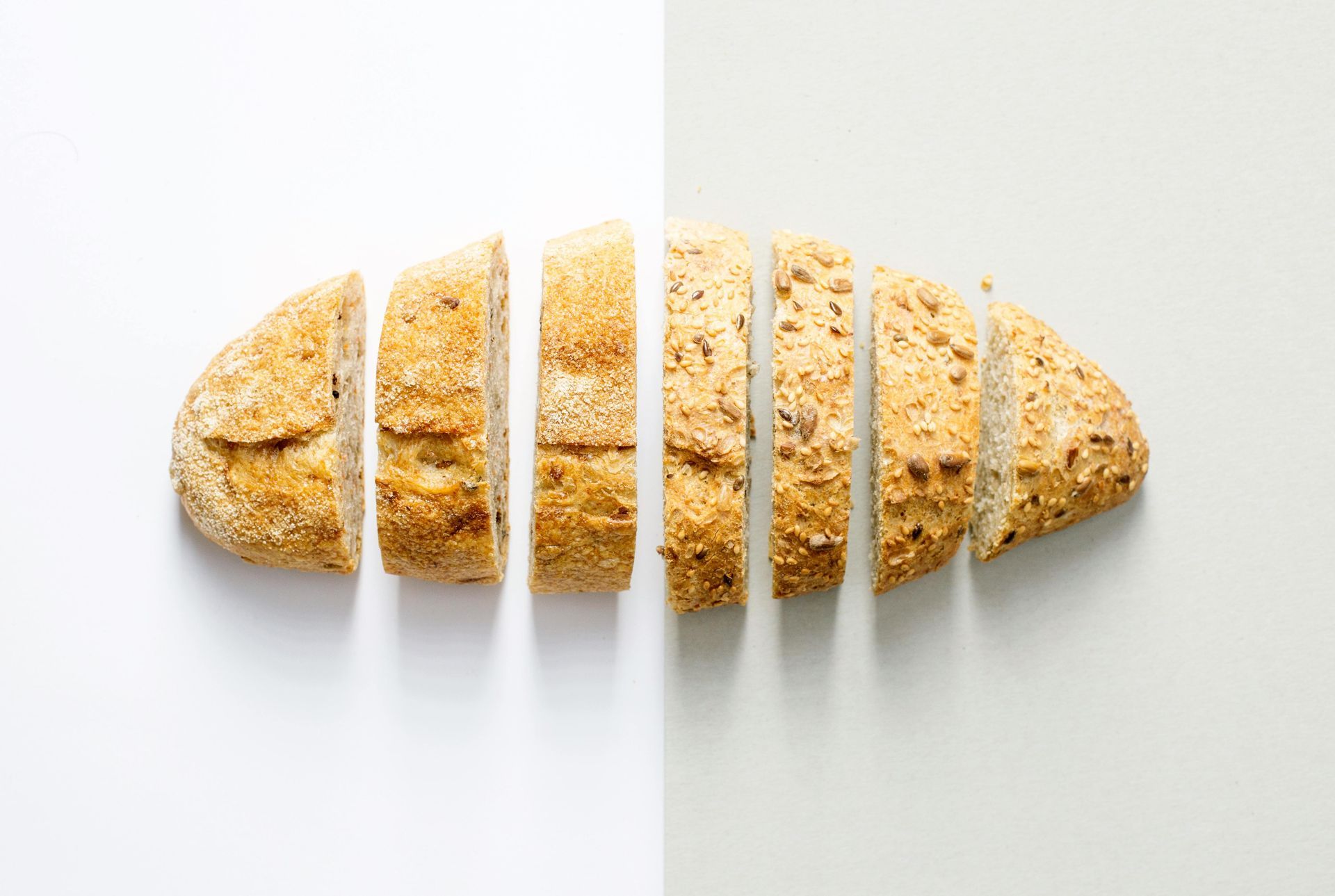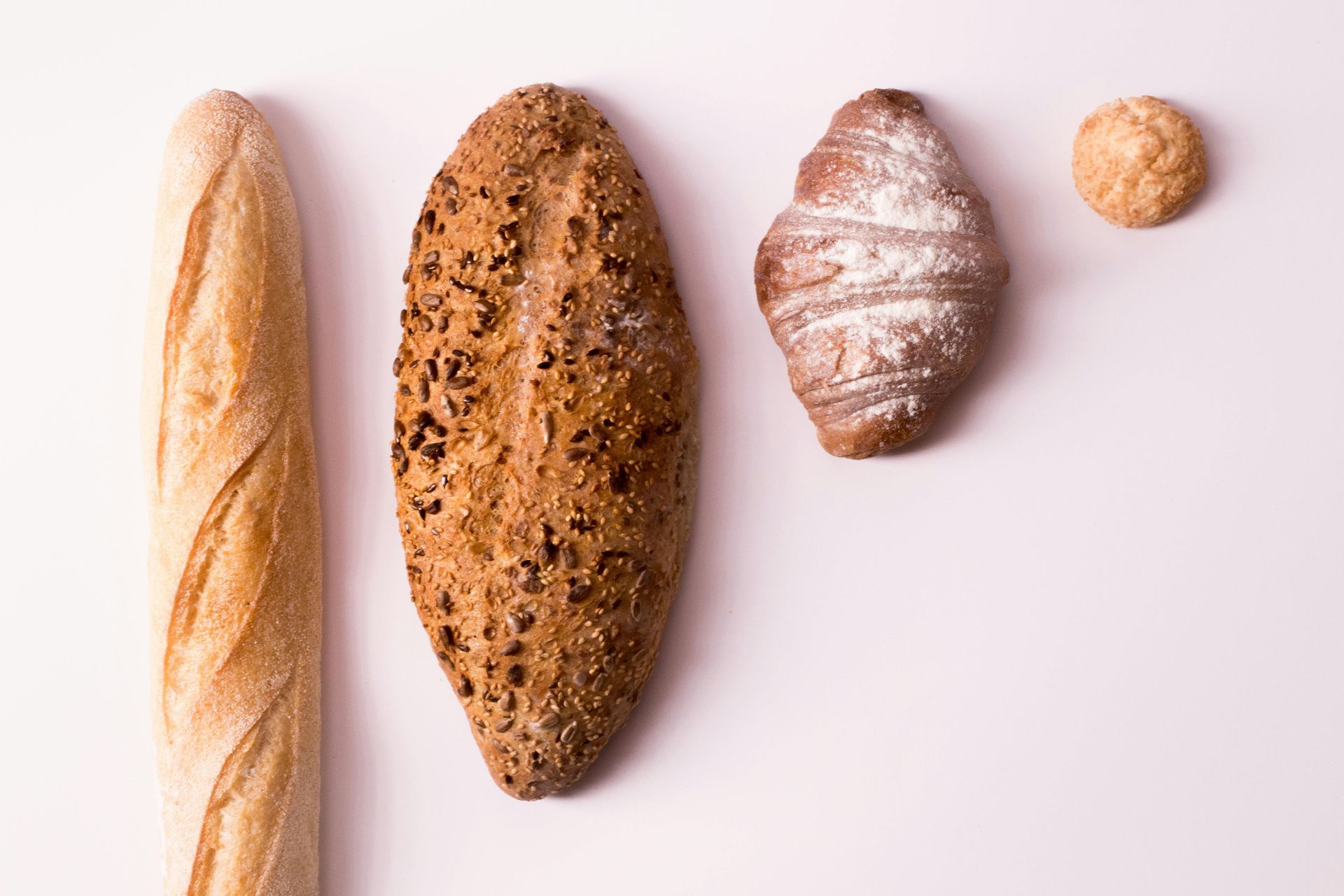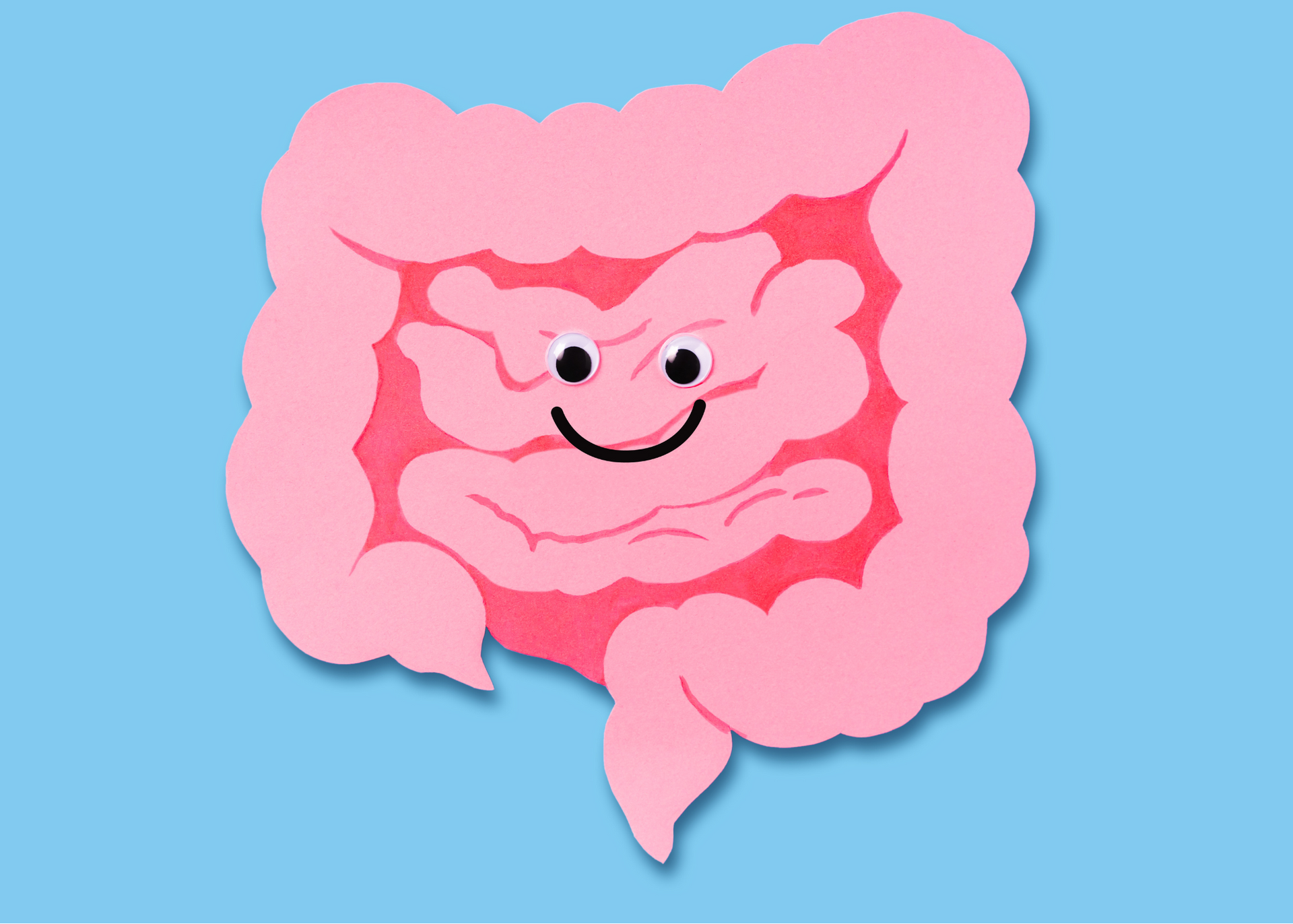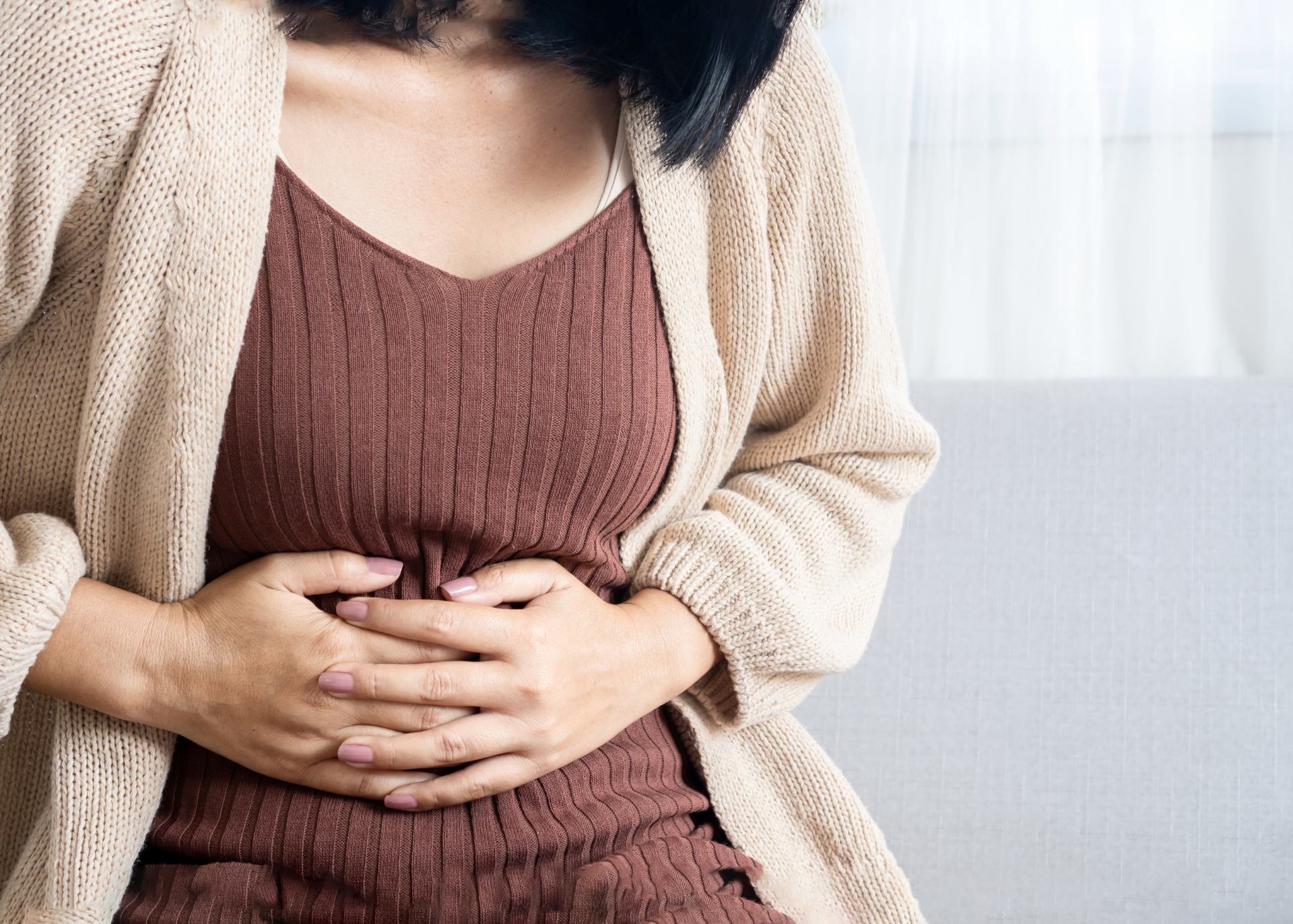Reversing PCOS Naturally: Your Comprehensive Guide

Polycystic Ovary Syndrome (PCOS) is a common hormonal condition that affects millions of women in the United States.
PCOS results in debilitating symptoms, long term complications, and is one of the most common causes of infertility in the US.
Sadly, for many women it takes years to finally get a diagnosis.
For the women who
do get diagnosed, they usually don’t know where to begin when it comes to addressing their PCOS naturally.
I’ve worked with so many women who are just told to go on birth control to “fix” their PCOS. Birth control not only doesn’t fix PCOS - it can actually cause more issues!
Although PCOS is a complex disorder, nutrition, supplements, and lifestyle changes can significantly slow its progression and reduce symptoms. In fact, many of my clients with PCOS have been able to put their PCOS in remission naturally.
In this article, we’ll cover:
- What is PCOS?
- The role of hormones in PCOS
- Common signs and symptoms of PCOS
- Root causes of PCOS
- How to manage PCOS naturally
- Dietary and lifestyle changes for PCOS
- Where to go from here
What is PCOS?
Polycystic Ovary Syndrome, often called PCOS, is a common endocrine and metabolic disorder that affects as many as five million women in the United States.
PCOS is a complex hormonal disorder where the ovaries make too many androgens. Both men and women make these hormones, but men are supposed to make them in large amounts and women are supposed to make them in small amounts.
Excess androgens can lead to the formation of ovarian cysts which are small, fluid-filled sacs. These cysts, in turn, produce even more androgens, exacerbating PCOS.
This is where the name “Polycystic Ovary Syndrome” comes from.
PCOS is typically diagnosed based on three main factors:
- high androgens
- irregular ovulation (the release of a mature egg from the ovary)
- ovarian cysts
Not all women with PCOS have all three factors, but some combination of the three usually suggests PCOS.

The Role of Hormones in PCOS
PCOS can be affected by several key hormones.
Androgens
Like I mentioned above, androgens aren’t a bad thing. Healthy women with healthy hormones make small amounts of androgens to help with sex drive, motivation, muscle building, and more. But an estimated 75-90% of women with PCOS make too much of these hormones.
The higher the androgens, the more severe the symptoms of PCOS like acne, facial hair, weight gain and hair loss.
High levels of androgens can also stop ovulation, resulting in the formation of ovarian cysts that produce even more androgens. This creates a snowball effect, speeding up the progression and intensity of PCOS more and more over time.
Insulin
If you’re on a blood sugar roller coaster, your insulin is spiking on a regular basis. Frequent insulin spikes lead to a condition called insulin resistance, which affects 65-95% of women with PCOS.
Elevated insulin levels in the body trigger the production of androgens, contribute to weight gain (especially belly fat) and inflammation, and
block ovulation, all of which are driving factors of PCOS.
Estrogen and Progesterone
Estrogen and progesterone are two of the primary female sex hormones that play essential roles in regulating the menstrual cycle and maintaining reproductive health.
PCOS can disrupt the balance of these hormones and cause irregular or missed periods.
Luteinizing Hormones (LH)
Luteinizing Hormone (LH) fluctuates throughout the menstrual cycle and in a healthy woman, a surge in LH is what triggers ovulation.
But more isn’t better. In women with PCOS, LH levels often get
too high and this can have the opposite effect. interfere with normal ovulation, making it hard for women to get pregnant.
Common Signs and Symptoms of PCOS
PCOS can look different from person to person, but some common signs and symptoms include:
- Acne, especially on the jaw, chest and back
- Facial hair (hirsutism)
- Hair loss or thinning on the head
- Irregular or missed periods
- Unwanted weight gain, especially belly fat
- Difficulty losing weight
- Blood sugar problems and/or insulin resistance
- Ovulation issues
- Infertility
Root Causes of PCOS
The exact cause, or causes, of PCOS are not fully understood but researchers believe there are a combination of factors that lead to PCOS.
- Insulin resistance: Researchers estimate 65-95% of women with PCOS have insulin resistance and metabolic issues. High insulin levels cause the body to make more androgens, leads to weight gain and inflammation, and interferes with ovulation.
- Inflammation: Chronic, low-grade inflammation is associated with PCOS and factors like stress, poor sleep, and a low-quality diet cause inflammation. Inflammation is also linked to poor blood sugar control and increased insulin resistance which can make PCOS worse.
- Diet: High sugar and processed food diets can exacerbate PCOS, insulin resistance, obesity and inflammation.
- Lifestyle: A sedentary lifestyle, poor sleep, and excess stress contribute to hormonal imbalances that can result in PCOS.
- Gut dysbiosis: Gut dysbiosis is associated with PCOS because the gut microbiome affects insulin resistance, sex hormone balance, and obesity in women with PCOS.
- Environmental Factors: Environmental toxins like heavy metals, pesticides, and endocrine-disrupting chemicals (EDCs), are linked to PCOS. Exposure to these toxins increases androgen levels in women with PCOS.
- Genetics: Genetics can play a major role in PCOS but fortunately, we have the power to turn genes on and off with diet, lifestyle, and exercise. Keep reading for how!

How to Heal PCOS Naturally
PCOS can be managed naturally by leveraging the power of nutrition, which has the added benefit of improving other areas of your health.
PCOS Nutrition
A hormone-balancing diet is essential for managing PCOS and living a healthy life.
Since insulin resistance is a hallmark of PCOS, adopting a blood sugar friendly diet is key.
Add protein, healthy fats and fiber to each of your meals to stabilize your blood sugar and help you feel full and satisfied for longer.
Swap fast-burn carbs like pasta, bagels and bread
for slow-burn carbs such as whole grains, winter squash and fruit. Choose whole foods as often as possible and
reduce added sugar and processed foods.
A great place to start is to opt for water, herbal teas, or sparkling water in place of sugar-filled beverages. You’ll be shocked how much that cuts down on your sugar intake!
Drinking too much alcohol and caffeine can impact gut and hormone health, contribute to inflammation,
insulin resistance and PCOS.
Audit your alcohol and caffeine intake and get honest with yourself about how much you really consume. Then, begin cutting back and replacing with better beverages like those listed above.
PCOS Supplements
There are many supplements that help address the root cause of PCOS, replenish nutrient deficiencies, support detoxification, and boost overall hormone health. Supplementation will vary depending on the root cause of your PCOS, but a few I often recommend include:
Vitamin D - for inflammation, insulin sensitivity and immunity- Omega 3s - for inflammation and immune health
- Berberine and chromium - for blood sugar stability
- Inositol - for improving insulin levels and supporting hormone balance
- Zinc - for insulin sensitivity and healthy lipid profiles
- Magnesium - for inflammation, adrenal health, blood sugar control and to patch up common deficiencies
- B complex - for progesterone production to balance excess estrogen and improve reproductive health outcomes
- NAC - to support ovulation and improve pregnancy outcomes
- Ashwagandha - to lower perceived stress levels,
I don’t put my PCOS clients on all of these supplements - I assess their health history, their symptoms, and their lab work to come up with a supplement plan that works specifically for their body.
Please don’t take this list and start taking six different supplements all at once. And PLEASE don’t order any supplements off Amazon!
I highly recommend working with a qualified medical provider who specializes in women’s health and hormones to guide you to a supplement regimen that works well for your body.
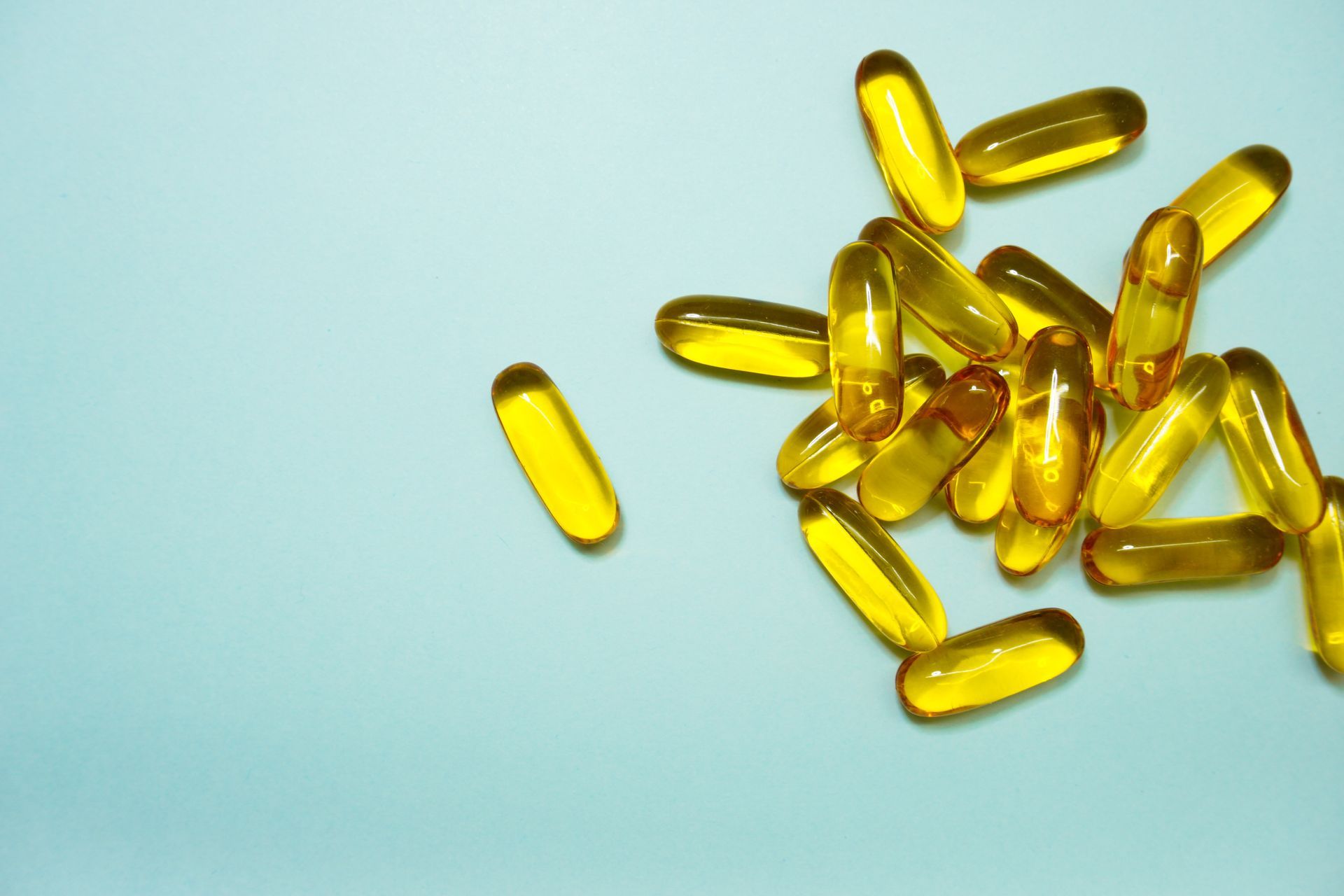
PCOS Herbs
Herbs, both as supplements and tea, can be supportive for women with PCOS. Aloe vera, cinnamon, green tea, fenugreek, and milk thistle are well-researched herbs that reduce insulin resistance, lipids, blood glucose, and support hormone health.
Herbs can have side effects and interactions, so handle herbs with care.
Lifestyle Changes for PCOS
Making adjustments to your lifestyle can significantly impact PCOS in a positive way.
One of the best steps you can take for managing PCOS is building muscle. The more muscle you have, the more stable your blood sugar will be. Exercise, especially strength training, can enhance insulin sensitivity and promote a healthy weight.
The key is finding an exercise routine that you genuinely enjoy. If you're not sure where to start, start small. Take a 20 minute walk after work, try a 15 minute Youtube exercise video, or book a workout class with a friend next week. Build off your momentum and increase exercise frequency and intensity over time.
We live in a world where it’s hard to slow down, and sleep often takes a hit as we try to cram more and more into our day. But high-quality sleep is vital for blood sugar control and happy hormones. Try setting a schedule that allows you to get a solid 8 hours of sleep, cut back on afternoon caffeine and evening screen time, and make sure your bedroom is cool and dark.
Stress contributes to obesity, metabolic problems, and hormone imbalances. Managing stress is non-negotiable when it comes to managing PCOS. But instead of stressing about your stress, focus on activities that bring you joy.
Speaking of joy - more and more
research is showing just how important social connections are for our physical health. Focus on nurturing existing relationships, and seek new friendships and community if you feel like this is an area that’s lacking in your life. This will not only improve your physical health, but your mental and emotional health as well.

What's Next for Managing Your PCOS?
Hormone imbalances can be debilitating and, sadly, many women feel like their concerns aren’t taken seriously. If you’re struggling with PCOS, or any hormone imbalance, don’t give up the search to find a professional who will help.
If you’re not sure where to start, consider my
Restore Program.
The Restore Program is a self-paced course with all the hormone-balancing essentials you need to get started. You’ll learn how to build a hormone-friendly plate, balance your blood sugar, reduce inflammation, and more from over fifty easy-to-understand videos by yours truly.
Plus, you get access to live calls with me every month, resources, handouts, and more than seventy hormone-balancing recipes.
If you want more hands-on support, apply to work with us
one-on-one. We use comprehensive testing and in-depth analysis to craft a personalized plan
just for you.
We specialize in hormone balance and are dedicated to helping you manage your PCOS and heal from the inside out.
Continue Reading
